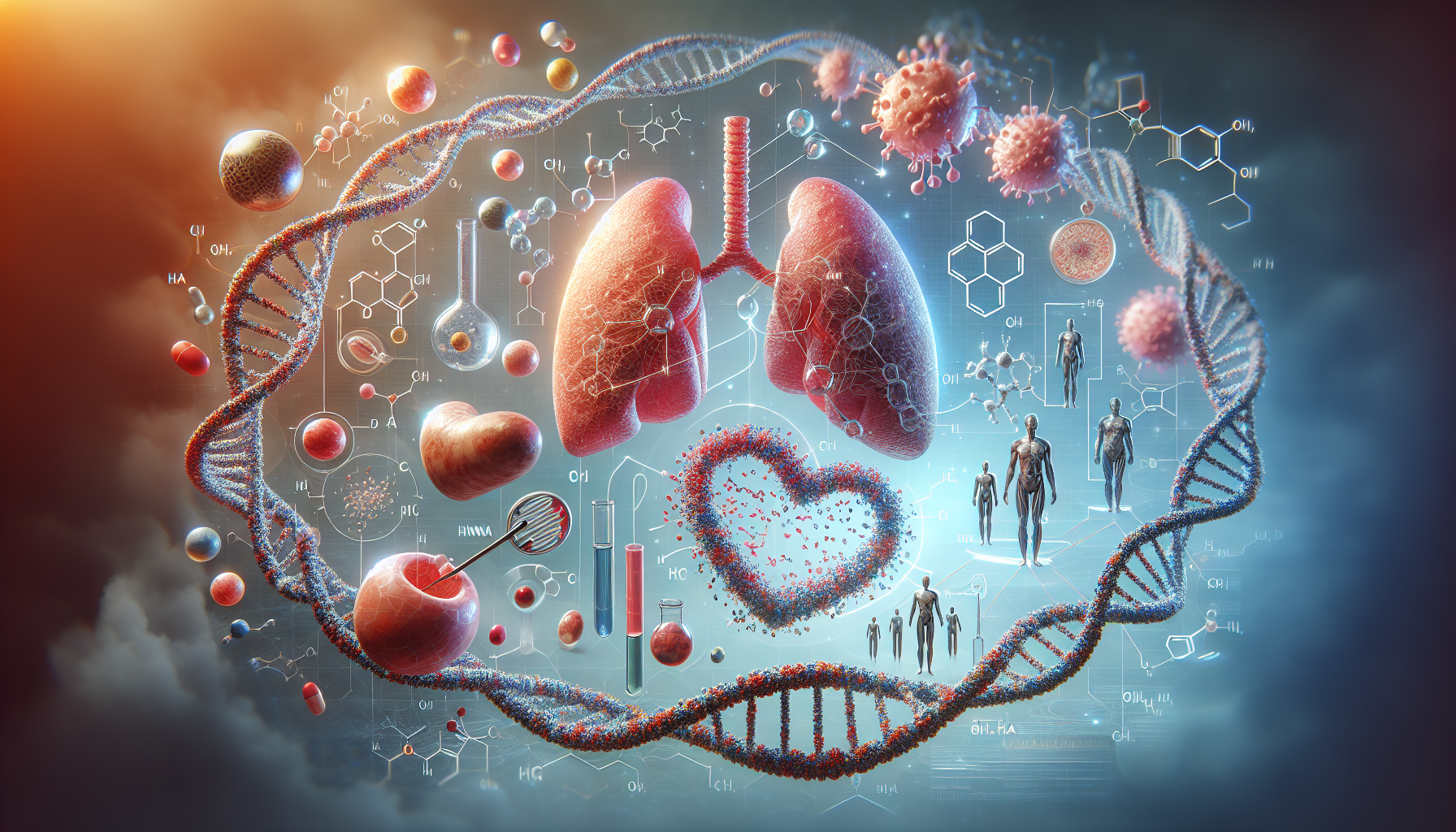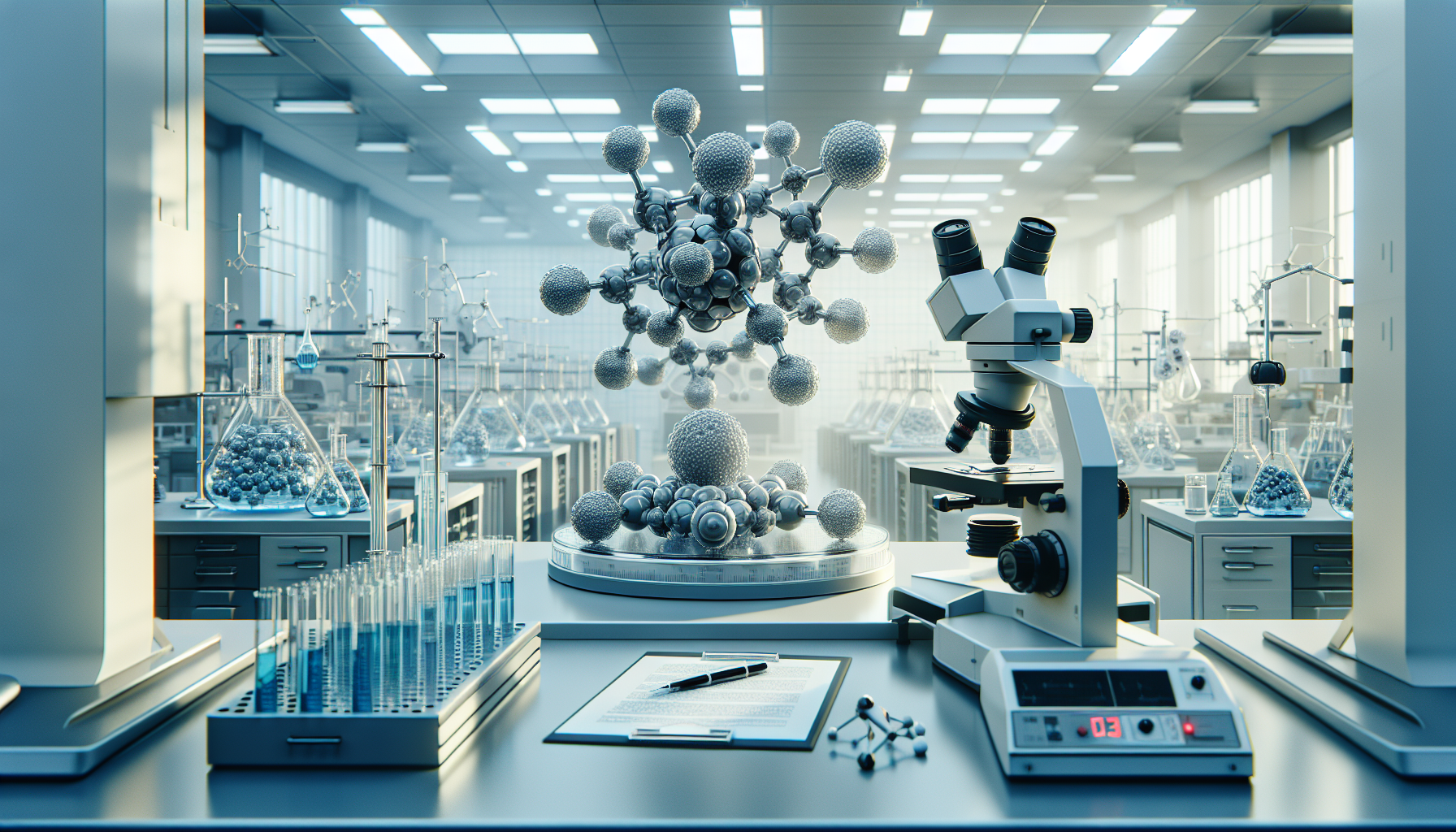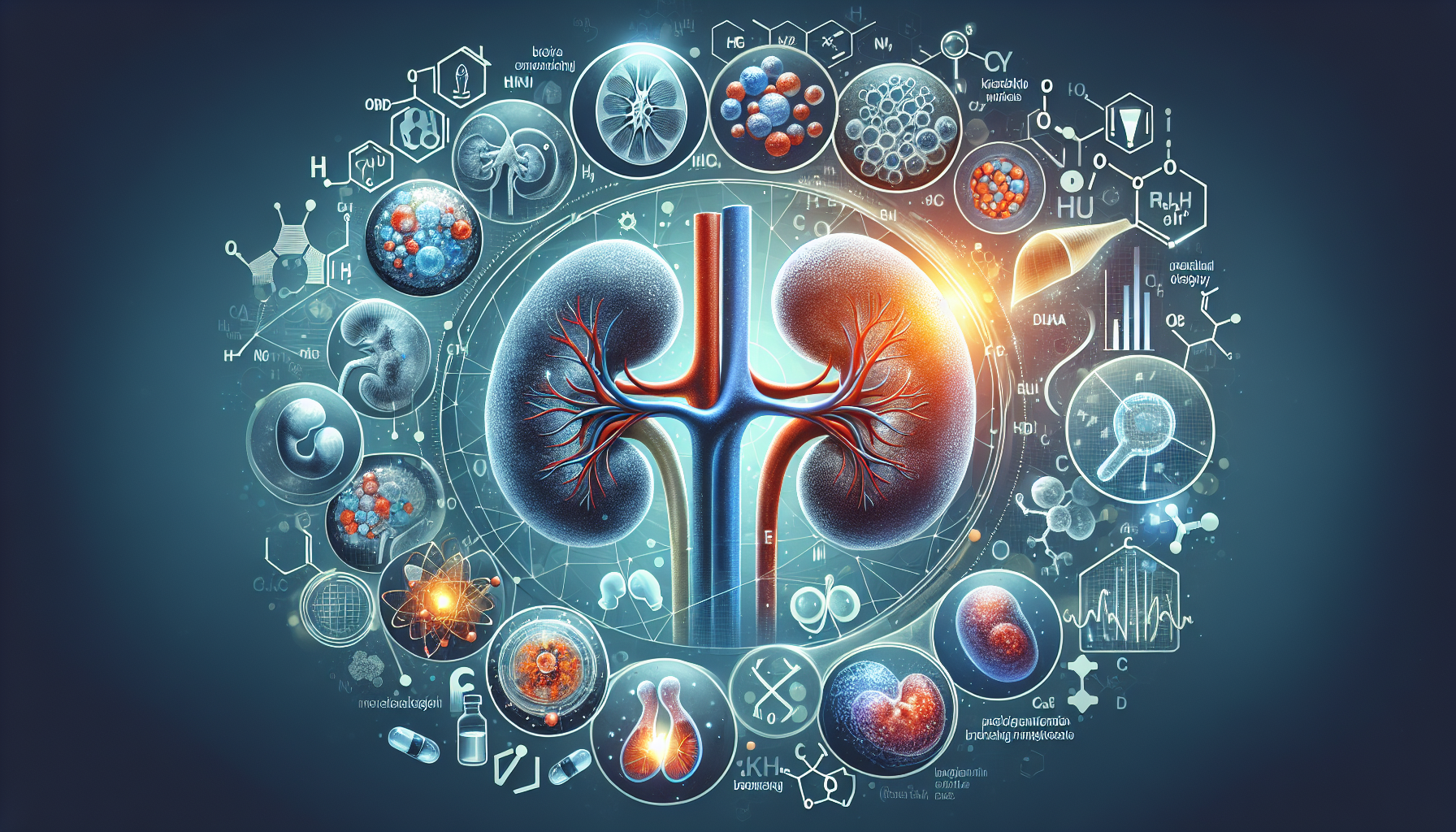Revolutionizing Diabetes Care: New Tools to Predict and Monitor Type 1 Diabetes Progression
Key Takeaways
- A new NIH grant will support Metabolon in advancing tools for T1D monitoring and prediction.
- Current T1D biomarkers lack specificity, hindering effective disease management.
- Metabolon's approach integrates metabolite biomarkers with clinical indicators for more precise treatment.
Did You Know?
Introduction
Type 1 Diabetes (T1D) affects over 3 million people in the United States alone. T1D is a condition where the body's immune system attacks insulin-producing cells in the pancreas, leading to a need for lifelong insulin therapy. Early detection and accurate monitoring are crucial for better disease management and improved patient outcomes.
The NIH Grant to Metabolon, Inc.
Metabolon, Inc., a company known for its expertise in metabolomics, has been awarded a significant grant from the National Institutes of Health (NIH). This grant aims to fund the development of advanced tools for better monitoring and predicting the progression of T1D from its preclinical to clinical stages.
The Current Challenges in T1D Prediction
Presently, the biomarkers used to predict the transition from preclinical to clinical T1D lack the specificity needed for effective monitoring. This gap in the diagnostic process results in a limited understanding of the disease's progression, hindering timely and precise interventions.
Metabolon’s Innovative Approach
Metabolon's new project is set to identify novel metabolite biomarkers that can provide a more comprehensive view of T1D progression. These biomarkers, when combined with existing clinical indicators, can offer a detailed understanding of how the disease develops and manifests in each individual, leading to more tailored treatment strategies.
The Importance of Metabolomics
Metabolomics, the large-scale study of small molecules in biological systems, can provide critical insights into the functional state of a biological system. By analyzing thousands of chemical signals, researchers can understand the impacts of genetic, environmental, and lifestyle factors on health.
Metabolon’s Expertise
With over 20 years in the field, Metabolon has pioneered advancements in metabolomics. Their work spans over 10,000 projects and has been featured in more than 3,000 publications. The company’s mission is to provide biochemical data and insights that accelerate life sciences research and improve health outcomes.
Potential Impact on Patient Care
If successful, Metabolon’s research could revolutionize how T1D is monitored and treated. The integration of new metabolite biomarkers with current clinical practices could lead to early interventions, personalized treatments, and significantly better health outcomes for patients.
Broader Implications for Life Sciences
This project not only has potential benefits for T1D patients but also sets a precedent for using metabolomics in various other areas of medical research. Such advancements could lead to significant breakthroughs in the detection and treatment of other diseases.
Future Prospects
Metabolon's initiatives funded by the NIH grant could pave the way for new diagnostic tools that are more precise and comprehensive. These tools might eventually be integrated into regular clinical practice, making early detection and intervention more accessible to the general population.
Conclusion
Metabolon's grant from the NIH represents a crucial step towards better understanding and managing T1D. This innovative approach, backed by metabolomics, promises to enhance predictive capabilities and improve the quality of life for millions of people living with T1D.
References
- Metabolon, Inc.https://www.metabolon.com
- National Institutes of Healthhttps://www.nih.gov






